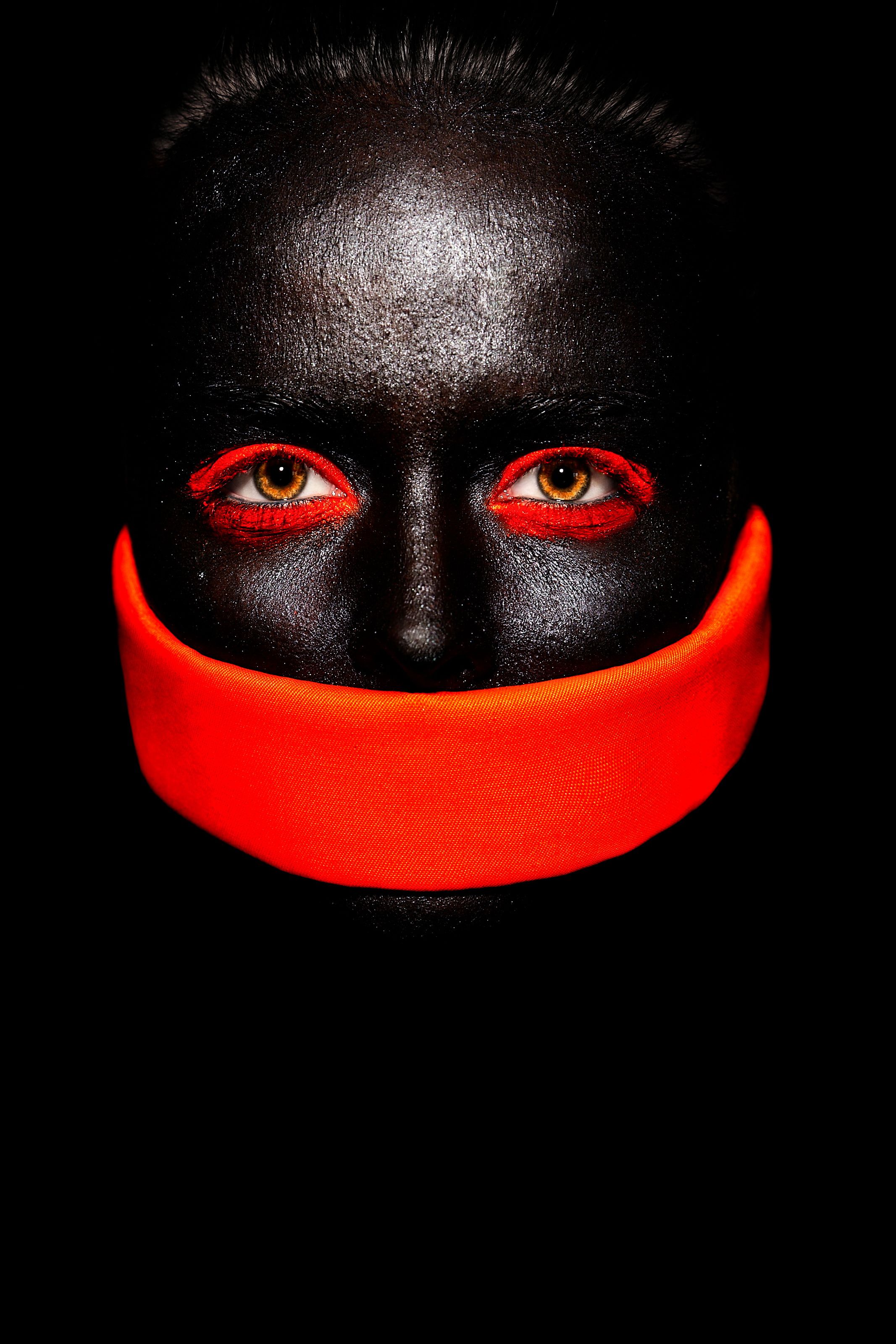Nigeria’s film industry, Nollywood, has grown remarkably, becoming one of the nation’s biggest creative exports. Yet, amid this evolution, one of its once-thriving subgenres is slowly fading into obscurity.

Growing up horror movies had me in a chokehold. From their nail-biting storytelling to haunting soundtracks and gripping performances, I was completely locked in. Films like Egg of Life, Dogs of War, Isakaba, and Ishawuru kept me and my siblings glued to the screen, especially during the holidays. The thrill, the suspense, and the connection to folklore made them unforgettable.
However, over the past two decades, Nollywood has gradually abandoned horror in favor of romance and comedy. The industry has become more commercially driven, favoring feel-good films that appeal to wider audiences. The box office success of films like A Tribe Called Judah, Chief Daddy, and The Wedding Party has further cemented this shift, proving that lighthearted genres dominate the market. In contrast, horror films struggle to find the same level of investment and audience interest.

Even when horror attempts a resurgence, it often falls short. The Origin: Madam Koi Koi, a Netflix Naija horror series, was one of the latest attempts at reviving the genre, but it received mixed reviews. While the premise was intriguing, the storytelling felt underwhelming, and the CGI left much to be desired. This highlights another challenge—Nollywood’s horror productions often lack the technical polish needed to create an immersive and terrifying experience.
With the advent of streaming platforms, censorship may also play a role in horror’s decline. Traditional horror themes like witchcraft, the supernatural, and dark folklore often face scrutiny, leading to toned-down narratives that fail to capture the raw fear and tension that made early Nollywood horror so gripping.
But isn’t the beauty of creativity rooted in imagination? If we aren’t stretching the boundaries of cinema and filmmaking, are we showcasing the best of our industry? Horror, when done well, is more than just a genre, it is a reflection of cultural beliefs, traditions, and fears. It can preserve folklore, introduce audiences to supernatural mythologies, and challenge societal norms.
I learned so much about Nigerian traditions from horror films of the past. They didn’t just entertain; they educated. Today, however, we seem to lose that cultural consciousness in our narratives. Are we neglecting an essential part of our storytelling heritage?

This article isn’t just an observation—it’s a call to action. Nollywood must reclaim its place in horror cinema, embracing the eerie, the supernatural, and the unknown. By doing so, we not only revive a dying genre but also preserve the rich cultural elements that made these stories so impactful in the first place.

